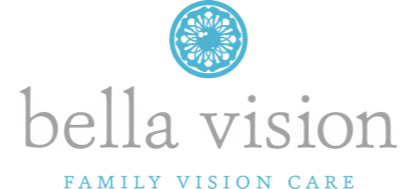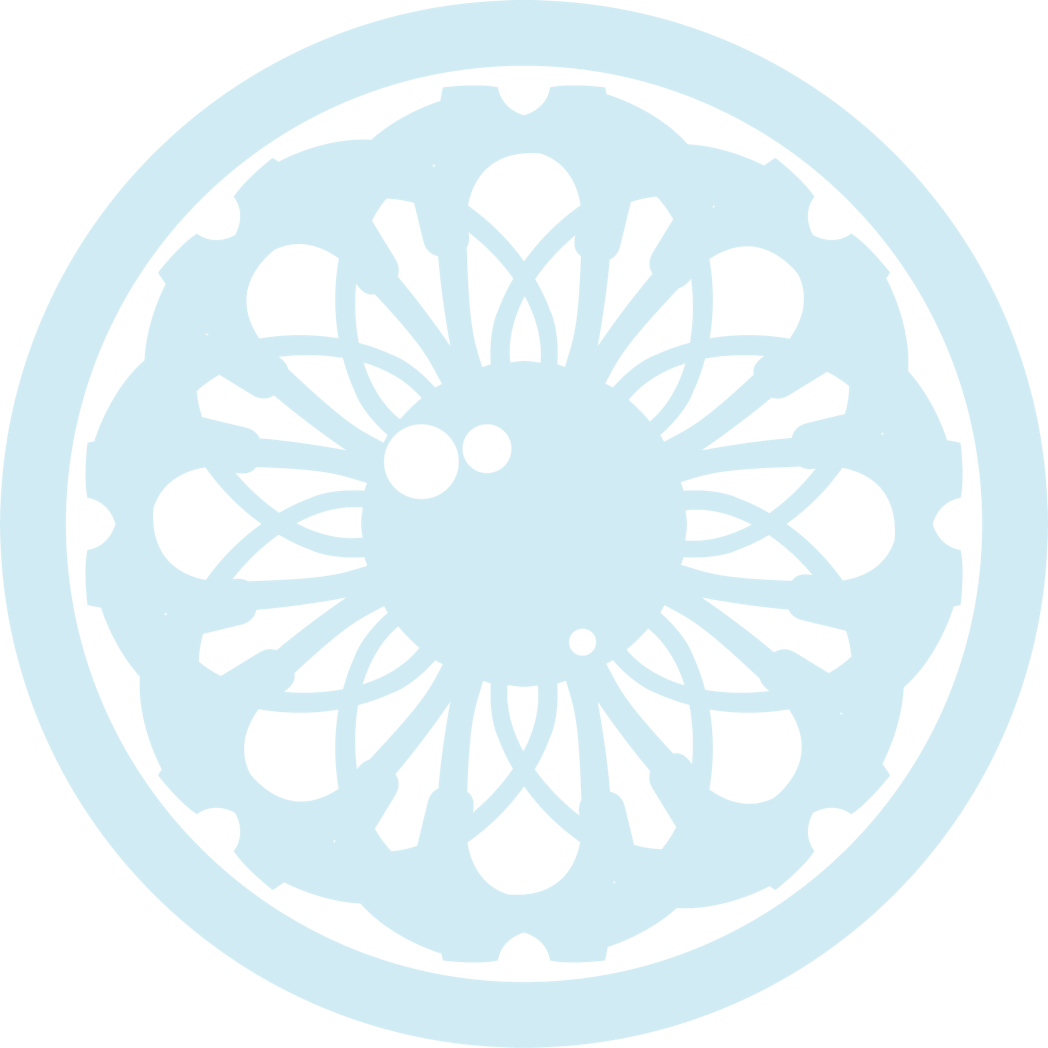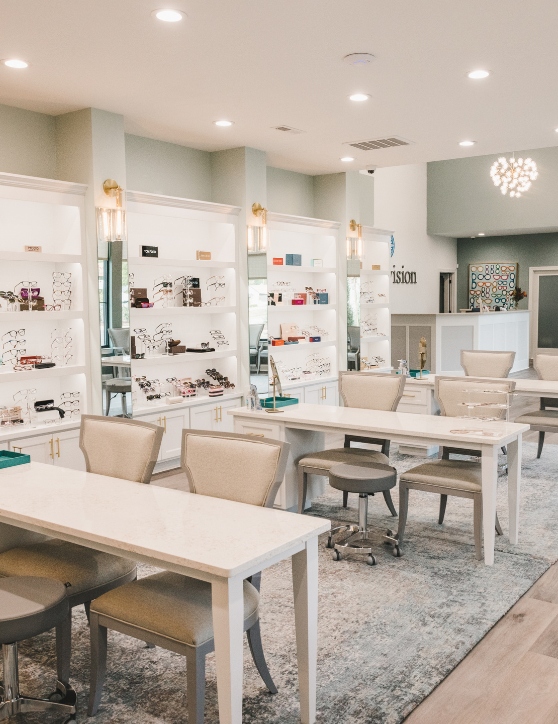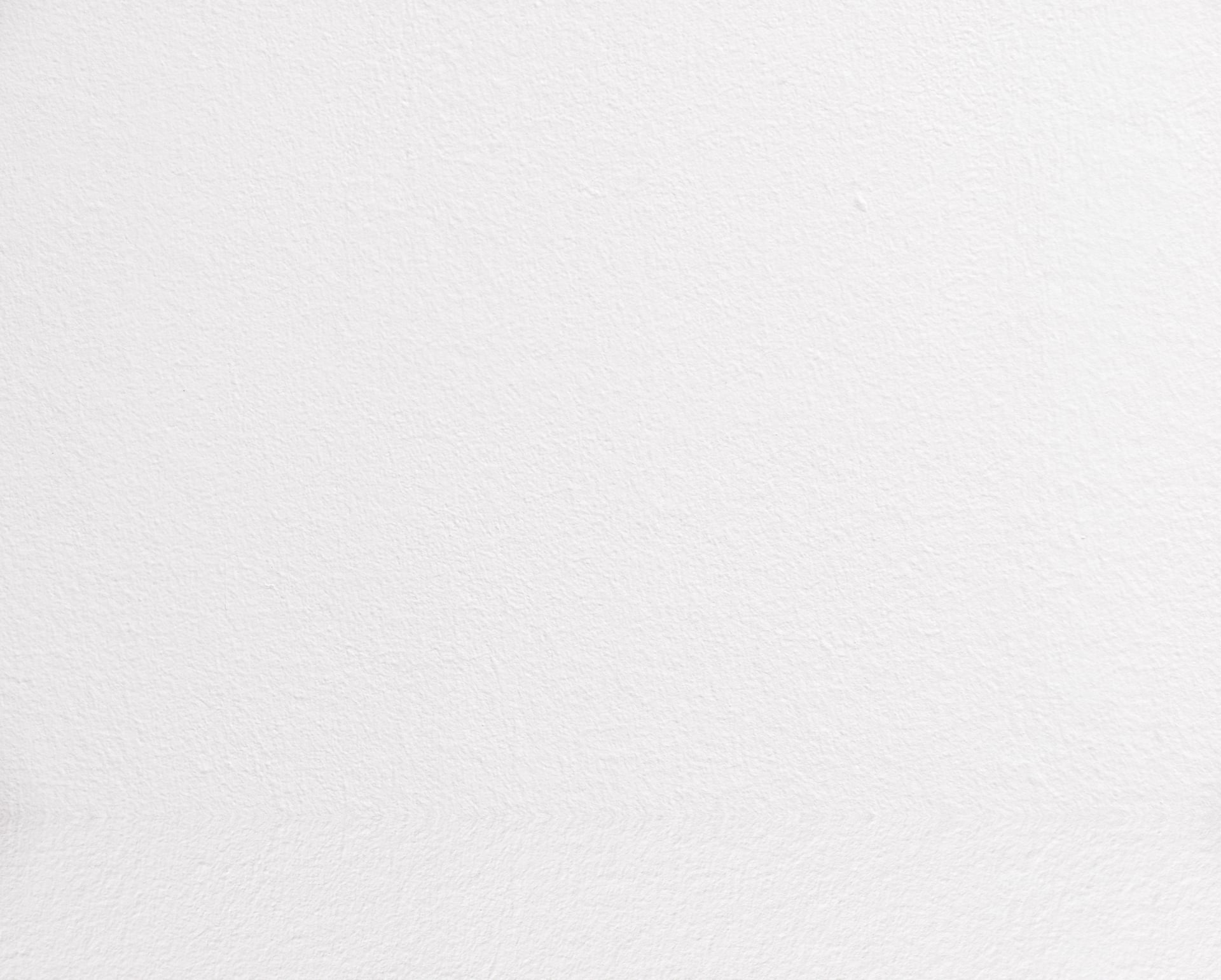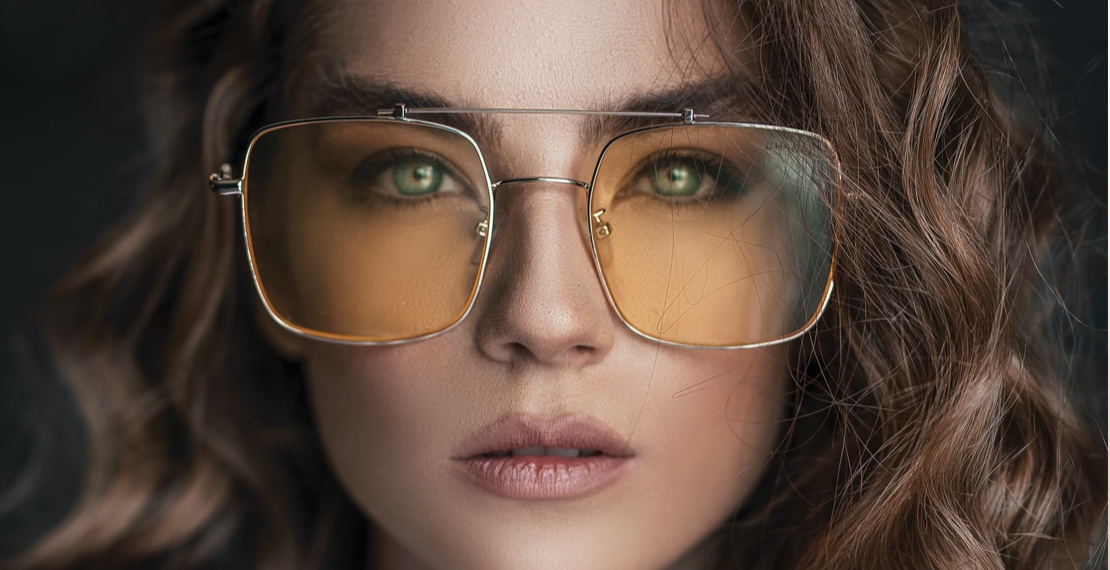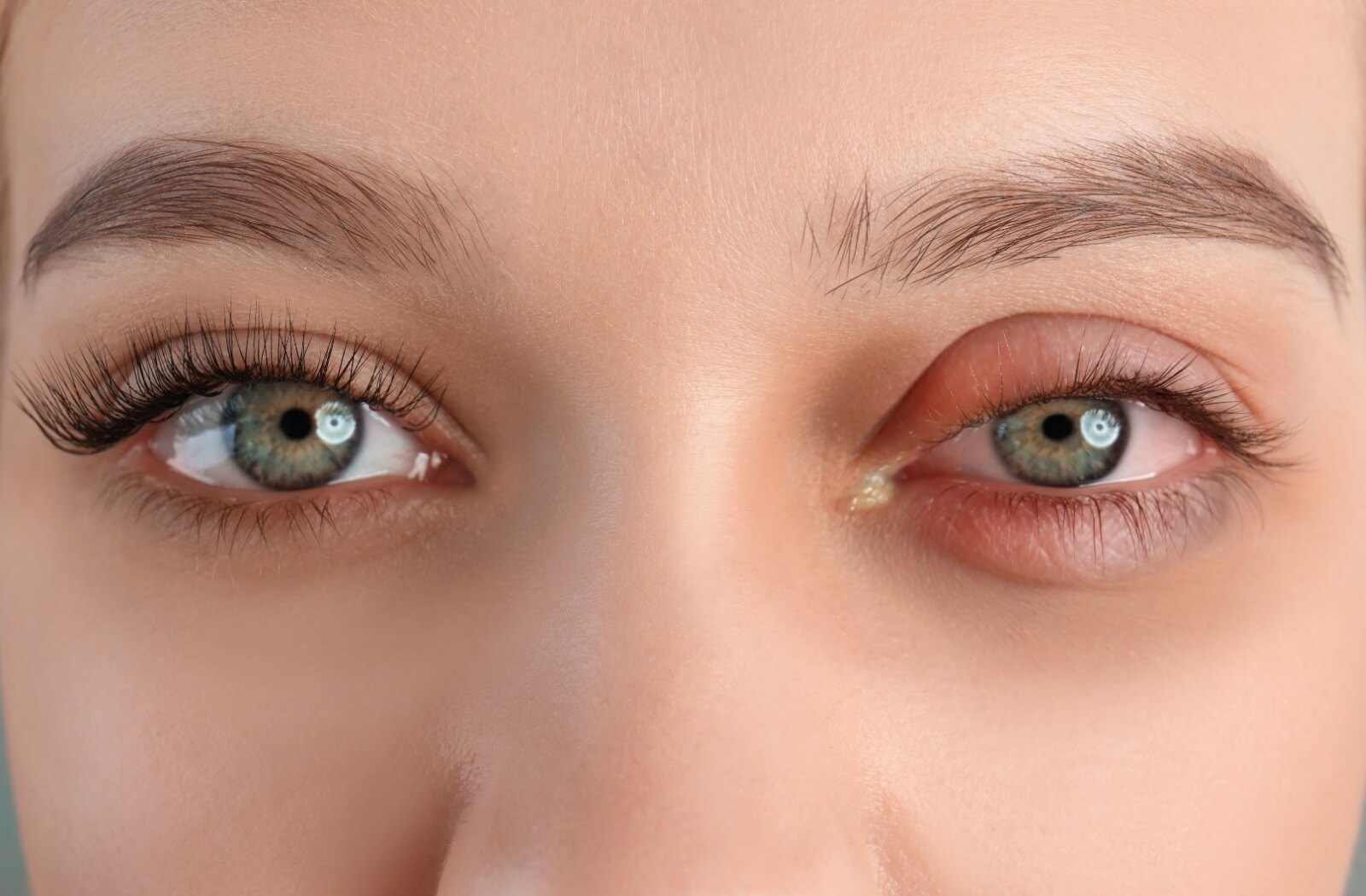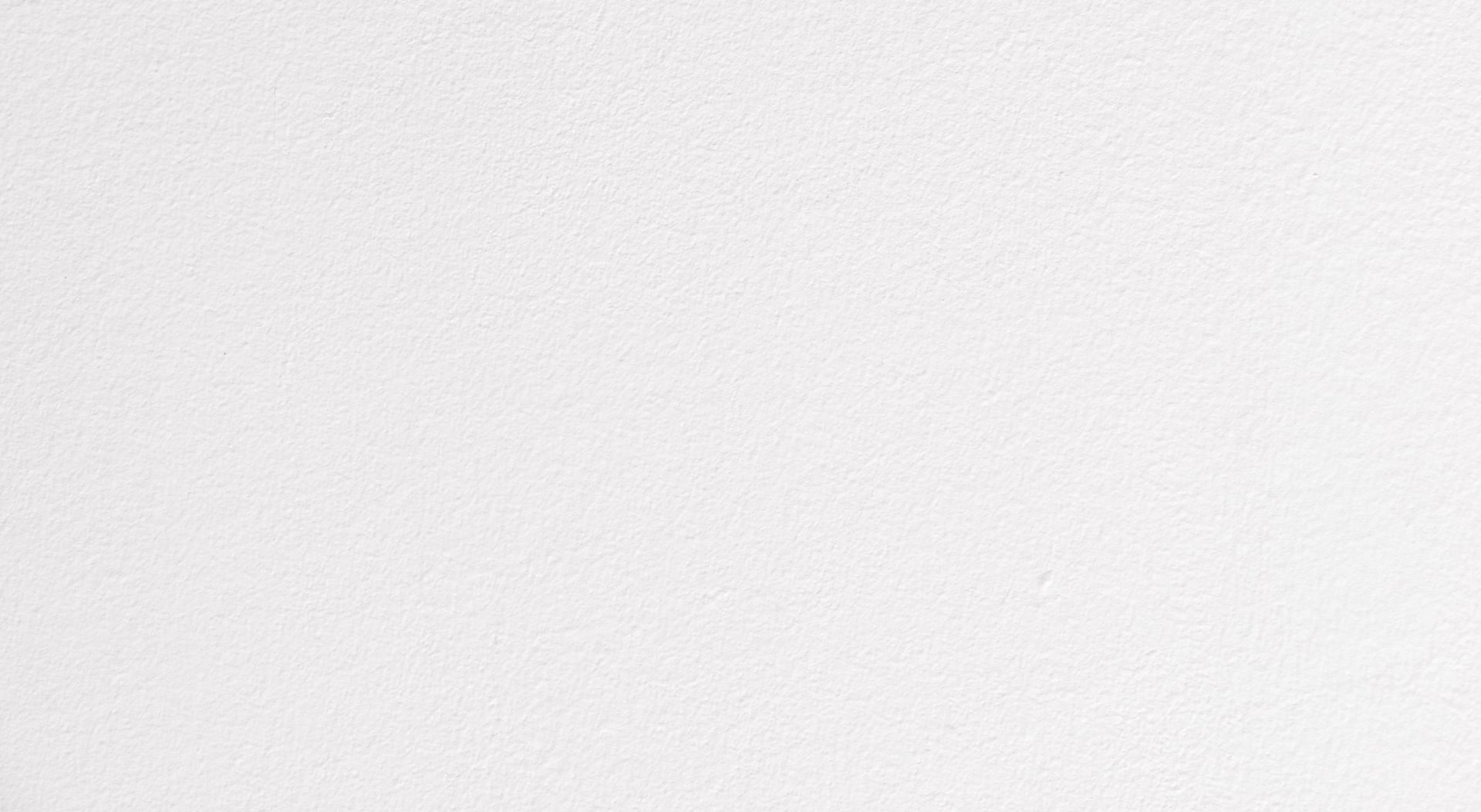With the rise of modern technology, we’re being more exposed every day to new sources of blue light. This form of light can have many different effects on our bodies and even disrupt our sleep cycles, making it essential to find ways to prevent how it changes our overall well-being. You may have heard that they can help with digital eye strain. One commonly suggested way to reduce blue light exposure is through the use of blue light glasses prescribed by your optometrist—but how do these work?
Blue light glasses use a special lens or coating to prevent a portion of blue light from reaching the retina in inside your eye. By either absorbing or blocking this particular wavelength, they help reduce the effects of blue light on your visual system.
What Is Blue Light?
Blue light is a specific wavelength of light on the electromagnetic spectrum. It has a short wavelength but a high energy output, and for most of human history, the largest source of blue light has been the sun. The brain is designed with a system called natural circadian rhythm to balance our sleep and wake cycles. When exposed to blue light during non daylight hours, your body is signalled to stay alert and focused. This is why it can be difficult to fall asleep after you have been looking at your phone or checking emails.
Our circadian rhythms allow us to adjust to maintain productivity during the day and help keep our brains awake and efficient. Prolonged exposure to this blue light, especially during the evening or night, can lead to disruptions in sleep patterns and can even lead to some health issues developing. With the use of screens, LED lights, and other man-made sources of blue light, we’re becoming more exposed to it than ever.
The Effects of Blue Light
One of the biggest effects blue light has on our bodies is how it disrupts sleep patterns. Normally, your body produces melatonin in the evening to help you relax and fall asleep. However, blue light can actually suppress this natural function to some extent, making it more difficult to fall or stay asleep.
This can lead to drowsiness during the day, slower cognitive function, and over time it can even cause other associated health problems, including:
- Dry Eye Syndrome
- Difficulty focusing
- Eye fatigue
- Headaches
- Blurry vision
- Discomfort in the neck and shoulders
Reducing the amount of blue light exposure by wearing blue light blocking lenses can alleviate these symptoms for most patients.
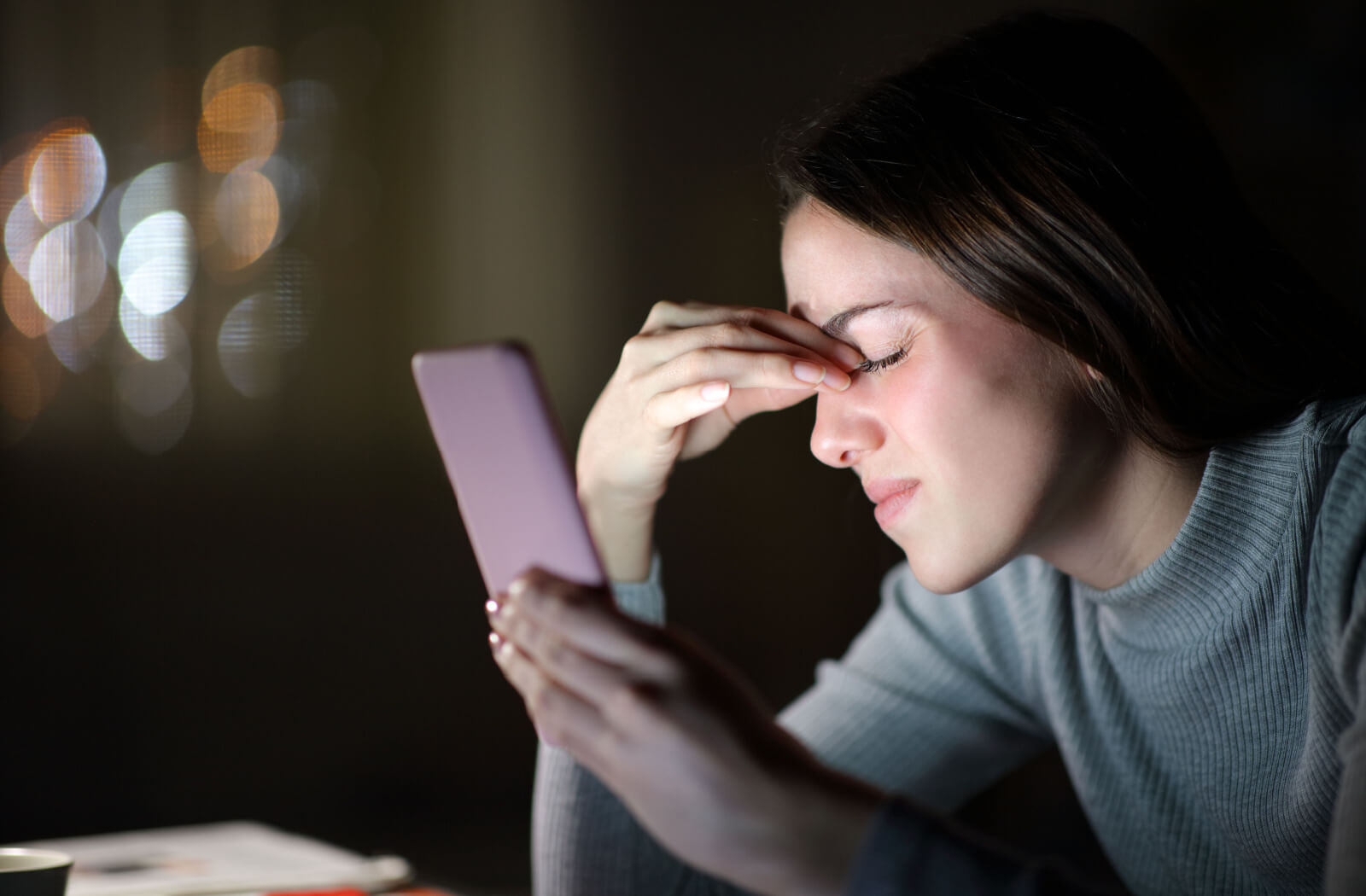
How Blue Light Glasses Work
Blue light glasses, also known as blue light blocking lenses, are specially designed to reduce the amount of blue light that enters your eye. Not all blue light blocking lenses are created equal as manufacturing can vary. Pairing blue light blocking lenses with a good quality anti-reflective coating is also essential to reduce glare and eyestrain. The way these lenses work varies, but typically use one of the following methods:
- Filtering lenses: These either have a special filter or coating that blocks or absorbs a portion of blue light. They’re designed to allow specific wavelengths through so you can still see clearly while reducing how much blue light reaches your eye.
- Amber tints: Some blue light glasses use an amber tint on the lens. This can help filter out blue light while enhancing the contrast of your environment.
- Anti-reflection coatings: These glasses may use a special coating on the lens designed to minimize glare from computer screens, LED lights, and natural sources of blue light.
By using methods like these, blue light glasses aim to block or reduce the amount of blue light reaching your eyes.
Benefits of Blue Light Glasses
Changing how blue light affects your eyes can be a way to avoid negative side effects it can cause. For example, blue light glasses worn in the evening may help regulate your natural circadian rhythm, which may lead to better sleep quality. It can help to wear these glasses a few hours before bedtime if you spend a lot of time using screens.
Blue light also affects other parts of your life, including:
- Your metabolism. Your natural circadian rhythm plays a part in regulating your natural metabolic process—including how your body stores and processes energy. Exposure to blue light at unusual times can disrupt this process.
- Your appetite. Blue light can disrupt your natural production of hormones associated with your appetite. When this is combined with the sleep problems blue light has been linked to, it can lead to eating more often at unusual times, which may even lead to weight gain.
- Glucose production in the body. While this is still being studied, it appears that blue light can actually affect your natural glucose production and make your system more insulin-resistant.
It is important to see your optometrist annually for your eye examination to evaluate the health of your eyes and visual system, to rule out disease and to find the best prescription or nonprescription options for your specific lifestyle needs.
Can I Wear Blue Light Glasses All the Time?
These glasses have gained popularity as a means to reduce the negative effects of blue light on your body. And with the ability to block or filter blue light, many people wonder when to wear blue light glasses or how long they can be worn at a time.
It is recommended to wear blue light blocking lenses while working on the computer, phone or any screen. As our culture has changed with many people working more than ever on computers, most lens options now include both blue light blocking technology and anti-reflective treatments and can be worn full time.
Where to Get Blue Light Glasses
Blue light glasses can be an excellent way to reduce the effects of blue light on your life. With their ability to filter and block this particular wavelength, you can begin to reduce your chances of developing problems due to exposure to blue light. However, your first step should be to visit your optometrist for a comprehensive eye examination to check the health of your eyes and to determine your best optical needs. At Bella Vision, we understand that in today’s society, you’re almost always going to be exposed to various sources of blue light. To speak with an educated professional about blue light glasses and ways to reduce blue light’s effect on your body, book an appointment with us today!
